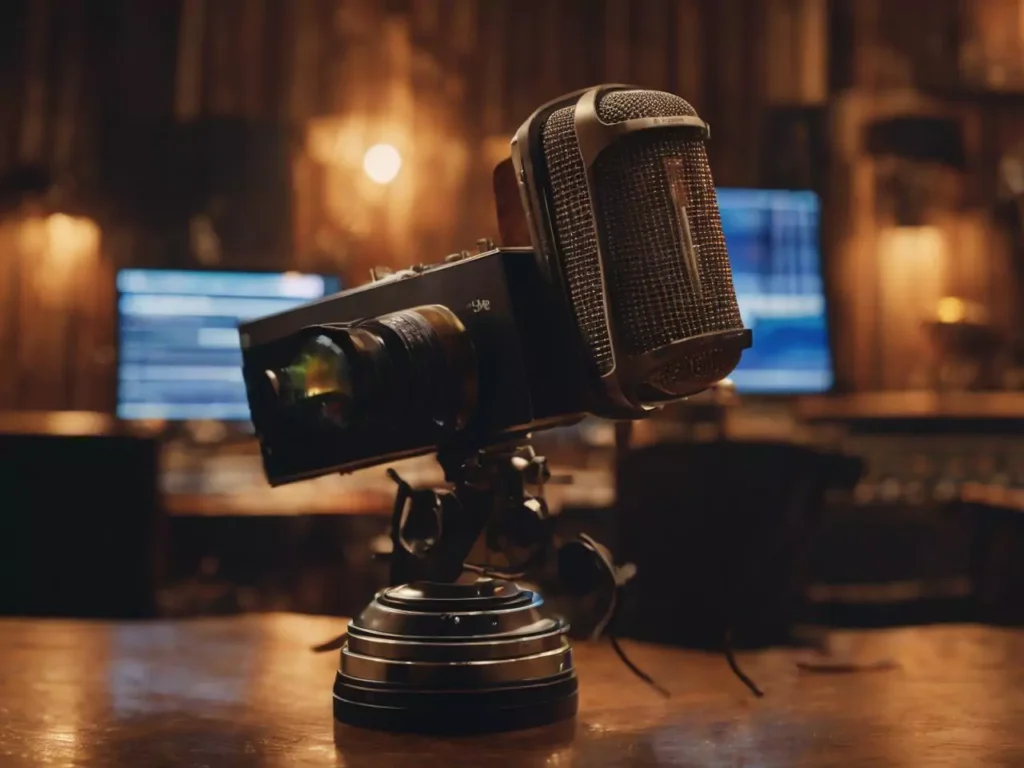
What Does a Music Publisher Do? Copyrights of music 2024
India's first online studio
Table of Contents
What is the work of a music publisher?
Find out what duties and roles a music publisher has in the music business. Learn how music publishers safeguard and advance the creative output of composers and songwriters. Learn how they negotiate contracts, safeguard copyrights, gather royalties, pitch tunes, and encourage artistic cooperation. Talented composers and songwriters would find it difficult to negotiate the intricate world of the music industry without music-publishers.

What Is the Role of a Music Publisher?
The process of making and releasing music involves a large number of important participants in the music industry. The position of music-publisher is one that is significant. We shall examine the duties and roles of a music publisher in this post, illuminating their significant position in the music industry.
Definition and Role of a Music-Publisher
A person or organization that serves as a go-between for composers, songwriters, and the music business is known as a music-publisher. Managing and profiting from the rights of musical works is their main duty.
To safeguard and advance the careers of songwriters and composers, music-publishers collaborate closely with them. They aggressively look for chances to record, perform, and license their customers’ music for a variety of applications, including TV shows, movies, video games, and advertisements.
Additionally, music-publishers handle the administrative tasks related to the copyrights and royalties of the compositions they represent. They ensure that the songwriters receive proper compensation for the use of their work and collect royalties on their behalf.
Responsibilities of a Music Publisher

Song Pitching and Placement
Pitch tunes to record companies, producers, and performers is one of a music publisher’s main duties. They regularly look for chances to get their customers’ songs recorded by well-known musicians and used in mainstream media, including TV series and films. This entails networking with people in the field and keeping abreast of emerging trends and needs.
Copyright Protection:
In order to preserve the copyrights of the pieces they represent, music publishers are essential. They guarantee that songwriters’ rights are upheld by assisting them in registering their compositions with the relevant copyright organizations. This entails keeping an eye out for any unlawful use or violation of the copyrighted work and taking legal action against it.
Royalty Collection:
The task of gathering and managing royalties resulting from the usage of their customers’ compositions falls to music-publishers. They monitor music usage, broker licensing agreements, and guarantee composers receive a reasonable portion of the proceeds. This entails collaborating closely with royalty collecting bodies such as performance rights organizations (PROs).
Contract Negotiation:
On behalf of their clients, music publishers negotiate contracts to make sure the conditions are reasonable and advantageous. They manage all aspects of the music industry’s business, including as publication contracts, licensing agreements, and synchronization rights for TV and film placements. Their proficiency in negotiating contracts serves to safeguard the rights of the composers and songwriters they represent.
Creative Collaboration:
In order to improve and sell songwriters’ and composers’ work, music publishers frequently cooperate with them. They link them with producers or other co-writers, offer insightful criticism, and assist in modifying the compositions to better suit the requirements of possible audiences. The collaborative method aids in optimizing the music’s commercial potential.
In Conclusion
In the music industry, a music publisher is essential since they oversee and capitalize on the rights of musical works. They are in charge of negotiating contracts, securing copyrights, submitting music to producers and singers, gathering revenues, and encouraging artistic cooperation. Many gifted composers and songwriters would find it difficult to negotiate the intricate world of the music industry without the assistance of music publishers. Their knowledge and commitment support the prosperity and long-term viability of the music business overall.
Check out this blog related to this blog
Check our featured blog
What Does a Music Producer Do?
How to Use Vocal Compressor?
How to Use Vocal Compressor? Vocal compression is an important step in music production for creating a refined sound. This article covers everything from how to set up your compressor and dial in the optimum settings to advanced techniques like as parallel and side-chain compression. Learn how to control dynamic range, establish voice presence, and…
Difference Between Home Studio and Professional Studio
Difference Between Home Studio and Professional Studio Discover the fundamental distinctions between home and professional audio production facilities. Learn about each type of studio’s equipment, technology, and expenses, as well as the benefits and drawbacks. Whether you’re a hobbyist or a professional, this guide will help you select the best configuration for your requirements. Introduction…
How Do Musicians Make Money?
How Do Musicians Make Money? Discover the most important revenue streams for musicians: live performances and tours, music sales and streaming, royalties and licensing, and merchandising and brand collaborations. Discover how various revenue streams influence a musician’s financial success and audience involvement in today’s music industry. Understand the value of strategic planning and personal branding…

Leave a Reply